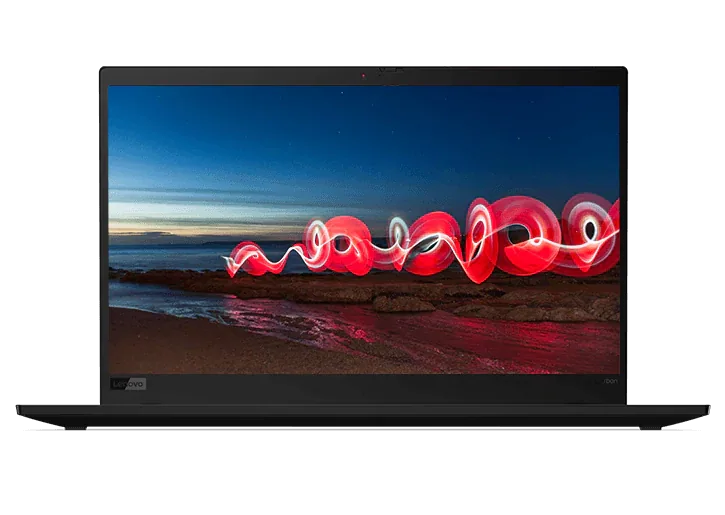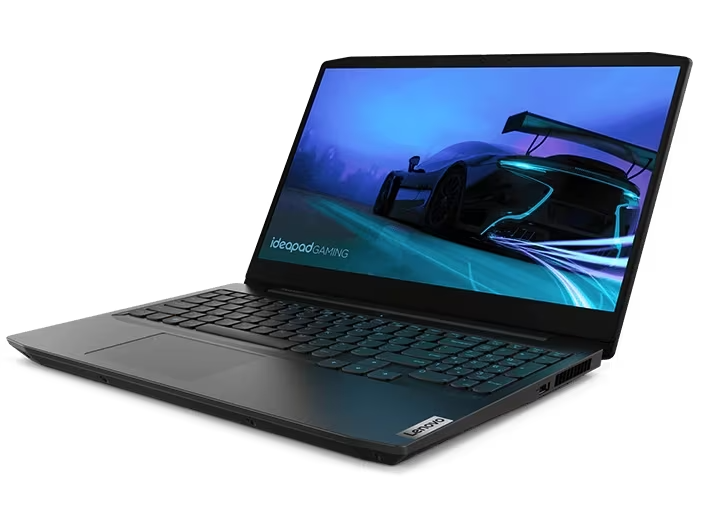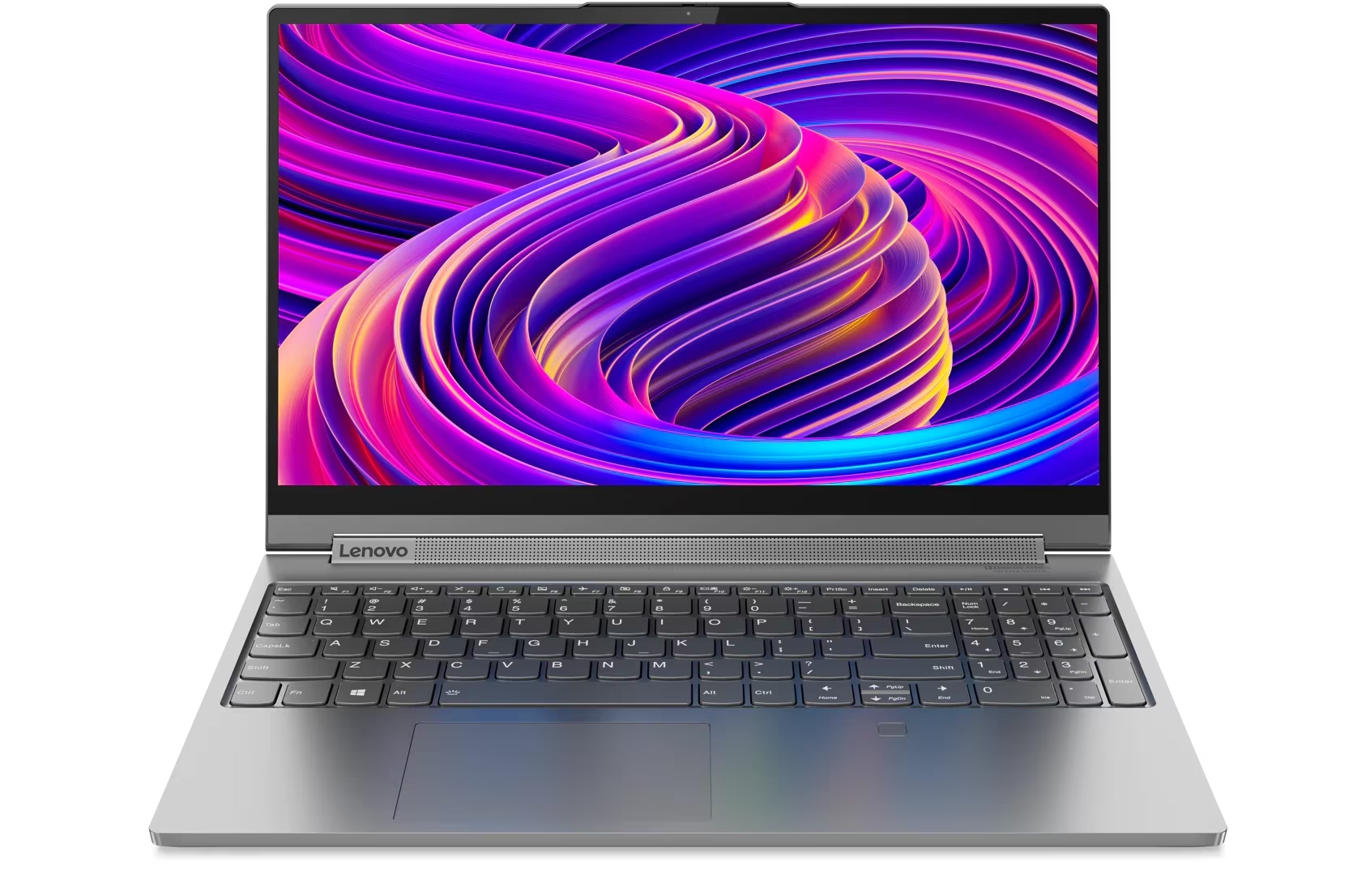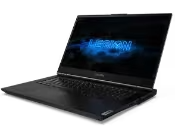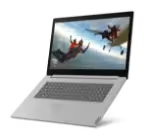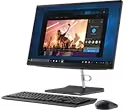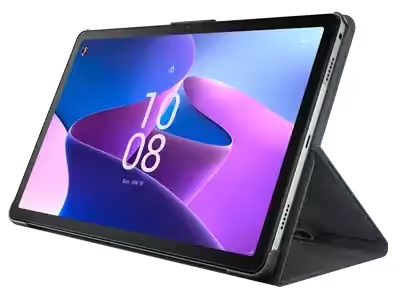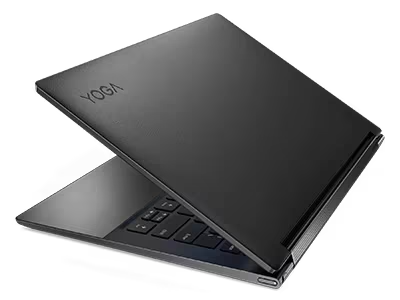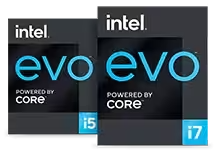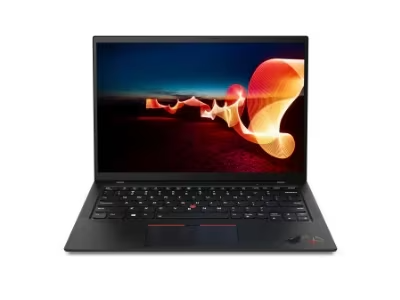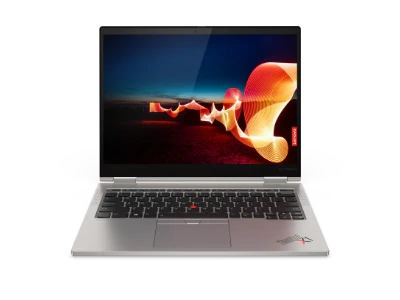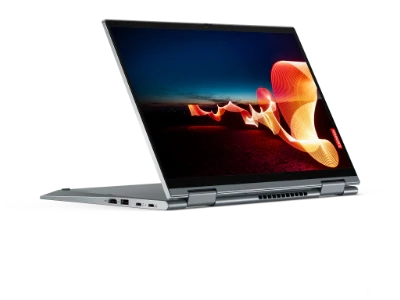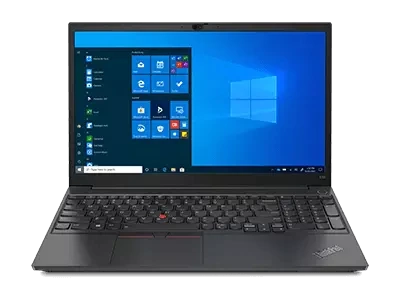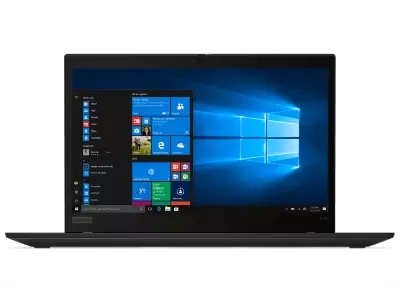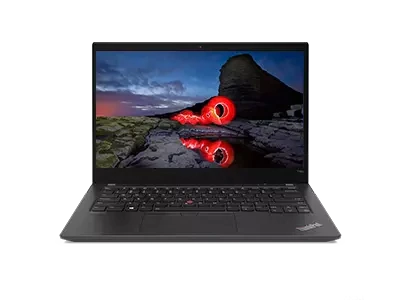What is a tablet PC?
Tablet PCs have evolved substantially since their introduction to the broad consumer market in 2010. So, what distinguishes a tablet from other mobile devices? How have the early Lenovo IdeaPads morphed into today's Tab Series, Miix Series, ThinkPad Tablets, and Yoga 2-in-1s? And what makes a tablet the right choice for many users?
Why are tablet PCs popular?
By definition, a tablet is a highly portable PC whose primary interface is a touch screen that occupies the full length/width of the device but whose speaker and microphone are not positioned for hand-held calling. In popular perception, however, tablets simply combine the best aspects of smartphones and laptop PCs, creating what tablet lovers consider the ultimate mobile computing experience:
- Compatible with home/office wireless and cellular data networks
- Portable, but with larger, clearer displays than earlier mobile devices
- Powerful, but lighter and easier to carry than traditional laptops
- Longer battery life and greater storage capacity than typical smartphones
Tablet owners can use touch commands or a virtual keyboard (sometimes a physical one) to run web browsers, email programs, and interactive games just like they do on a desktop PC or laptop. But when they're ready to move, they can keep working (or playing) simply by switching from a home/office wireless network to a cellular data network. [Some PCs have mobile broadband capabilities built into the CPU chipset, and most accept external cellular data cards or sticks. But the wide popularity of tablets shows that many consumers and business buyers prefer the ultimate portability of a tablet.]
Characteristics of a tablet PC
What, exactly, defines a tablet? It's hard to pin down, especially as today's manufacturers design models that stretch the traditional tablet size limits, introduce new operating systems, and so on. But there are some general characteristics that separate tablets from their larger and smaller counterparts:
- Extreme portability and viewability:
- Start at 7" diagonal screen size... bigger than smartphone, smaller than most laptops
- Wireless connectivity (primarily)... home/office network or cellular service (3G, 4G, 5G, etc.)
- Designed to be carried everywhere... ultra light weight; no spinning hard disk or DVD drive
- Touch screen interface (with options):
- Offer touch screens as primary interface... users gesture to control actions (slide, pinch, etc.)
- Typically, also accept pen/stylus input... aided by improved handwriting recognition software
- Sometimes include keyboards (attached or detachable) ... for laptop-like typing as needed
Note that tablets with physical keyboards are today considered a category of their own called "2-in-1s" or "2-in-1 PCs" (see below or refer to What is a 2-in-1 laptop?).
- OS and software:
Tablets quickly gained popularity in part because they freed users from reliance on limited-range home/office wireless and offered the option of connecting over cellular data networks. To do this, the earliest tablets relied on operating systems built specifically for mobile devices (think Google Android or Apple iOS). However, as consumers demanded more PC-like functionality in their tablets, the market evolved to include models that run on traditional operating systems such as Microsoft Windows 10.
Tablets, like smartphones, provide their user functionality via downloadable "apps." Typically, smaller in size than old-style software programs delivered via DVD and stored permanently on a PC's hard drive, apps require less onboard storage space and utilize the cloud for as many functions as possible. They are usually offered through so-called app stores, where millions of users fuel a robust marketplace and innovative developers provide new apps and functionality at low cost or even free.
Different types of tablet PCs
Are there different types of tablet PCs? Yes and no, depending on the strictness of the definition.
Engineers used the term slate to describe the original, widely popularized tablet PC form factor-- thin and flat, one-sided, without a keyboard. That distinguished tablets from convertibles: full-fledged, keyboard-equipped laptops with hinges that allowed the cover/touch screen to flip 180 degrees -- creating a bulky but usable "tablet."
Today, the terminology has evolved -- adding the phrase "2-in-1" -- to better distinguish the different types of tablets and laptops. Note that within each category are models that run on mobile operating systems and others that run on regular PC operating systems:
- Laptop: The original, portable PC that opens part way, like a notebook, to reveal a screen and a keyboard.
- Tablet: The original, widely popularized slate tablet form factor: thin, flat, and without a keyboard.
- 2-in-1 Detachable (also called a "hybrid laptop" or "hybrid tablet"): A device whose keyboard and screen can be fully detached from each other. Depending on the manufacturer, 2-in-1 Detachables might be marketed as "tablets-with-optional-keyboards" or "laptops-with-detachable-tablets."
- 2-in-1 Attached (also called a "convertible laptop" or "convertible tablet"): A device with either a hinge/screen combination that flips around for use as a tablet or a keyboard that in some way folds out from the screen/body. While similar to the original convertibles, today's 2-in-1 Attached models are much thinner and lighter.
In addition, a new term -- Multimode Tablet -- has emerged to describe models with specialized hinge/handles that allow them to be used traditionally (directly in your hands) or in multiple different ways while propped on a desktop (in tilt mode for easier touch entry (or to project the screen on a nearby wall), in standing mode for touch screen-controlled presentations, or in tent mode for less interactive presentations). Some manufacturers even offer a "hanging mode" or include "tablet mode" and "laptop mode" among their list of available modes.
Uses for a tablet PC
Tablets are fully functional computers, albeit with different interface options. This makes them ideal for multiple uses. We cover these uses in another article, Laptop vs. Tablet.
